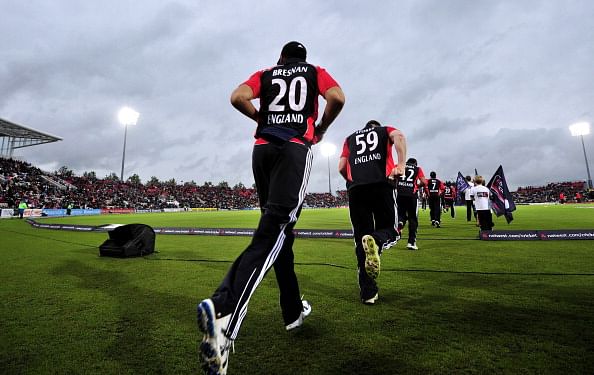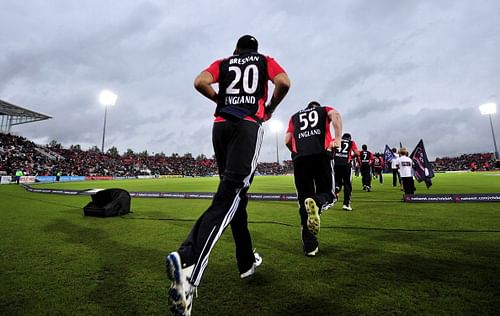
What is the deal with England and ODIs?

England played the very first match in the history of one-day internationals on January 5, 1971, against arch –rivals Australia, when the first 3 days of a scheduled Test at the Melbourne Cricket Ground were all washed out. In the subsequent 42 years, England have gone on to become a successful Test side, but when it comes to one-dayers, they have not really been successful, or to put it more appropriately, they have underachieved.
Yes, they have been runners-up at the World Cup in 1979, 87 and 92; 2004 Champions Trophy and are about to compete in the final of the ongoing edition of the event. Sure, they can even boast of their 2010 World T20 crown, which happens to be their only ICC trophy.
However, they have never dominated world cricket, a la West Indies and Australia; never been intimidating like the current Indian and South African sides; never had an aura of unpredictability like Pakistan; they lack the Sri Lankan consistency and the Kiwi panache of always punching above their weight. They do win a series here and series there, but more often than not, they are always just there. For a country that is considered the home of cricket and fiercely protective of its cricketing roots, why is it that they have never been able to become a force to reckon with in ODIs?
First and foremost, as I mentioned earlier, England is fiercely protective of its cricketing roots. Here, Test cricket always takes precedence over its two limited overs counterparts. As a matter of fact, crowds in England do turn up in large number for Test matches and England and old rivals Australia can both claim to attract large crowds for their respective home Tests, something that has been unheard of in the Asian subcontinent in recent times, and for the English public, an Ashes will always matter more than a World Cup, World T20 and Champions Trophy. Period.
Ashes victories in 2005, 2009 and 2010-11 were more revered than the World T20 triumph. It is for this reason that more often than not, that they seem to play with a mindset that is perfect for Tests but not ODIs. Such lethargic has been their one day performance that now retired Paul Collingwood is the most capped English ODI player with 197 caps and highest run scorer with 5092 runs and is at 61 in the list of highest run scorers of all time. This means that no English batsman features among top-60 of ODI scorers of all time.
English cricket is also known for its history of producing technically sound players, fit for playing the 5-day game. Many English batsmen who played in the era of ODIs, including players like Geoffrey Boycott, Tony Greig, Mike Brearley, David Gower, Graham Gooch, Alec Stewart, Michael Vaughan, Andrew Strauss and even current players like Alastair Cook, Ian Bell and Jonathan Trott and the fast emerging Joe Root are just the kind of players one would want to have in times of crisis, but not exactly the ones who, barring the odd occasion, can score 50 or 60 at a strike rate of 200 or 300.